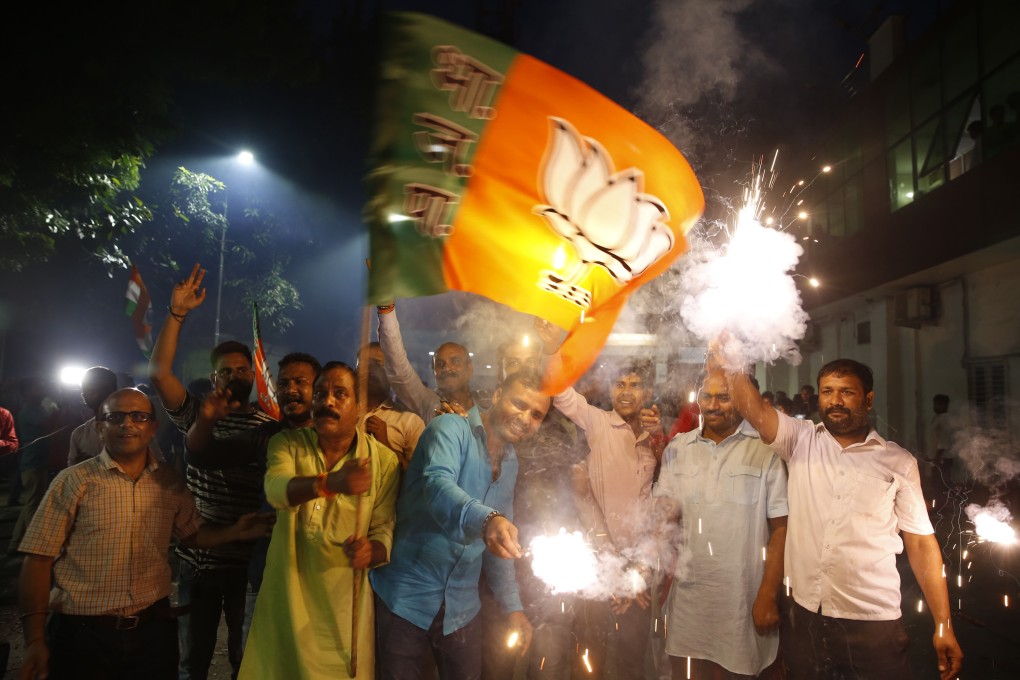Editorial | India is playing with fire in Kashmir
- New Delhi’s move to end the state’s semi-autonomous status has not only drawn the ire of Pakistan but also of China, which shares a common but disputed border
- Beijing and others able to exert influence need to take every step to ease tensions

China has double cause for condemning India’s decision to end the semi-autonomous status of the disputed state of Kashmir, split it into two entities and put them under the direct control of New Delhi. Ladakh, one of the federal territories that have been created, adjoins part of their contested border and staunch Chinese ally Pakistan also claims Kashmir. But India’s only Muslim-majority region is also the reason for seven decades of tension and occasional conflict with Islamabad and subsequently, a hotbed of separatism. Diplomatic relations are being put at risk, while an accompanying security clampdown, arrest of politicians and blackout of communications are likely to lead to bloodshed.
Protests have broken out and the scrapping of laws, among them one meant to protect Kashmiri identity by preventing outsiders from purchasing land, has caused outrage. The ruling Bharatiya Janata Party contends the moves are aimed at bringing development to the region, but they are also likely to dilute the percentage of the population that is Muslim. Prime Minister Narendra Modi pledged to change Kashmir’s special status by revoking article 370 of the constitution should his party win a second term in elections in May and its resounding victory in effect gave him the green light. But he also has a Hindu nationalist vision to reshape India along religious and cultural lines.
Modi’s strategy is dangerous, not just for Kashmir, but the nation. It will strain India’s social fabric, democracy and diversity. Although Hindu-majority, the country of 1.3 billion people has many religious and linguistic minorities. Tearing apart a state by force sends the worst of messages about national integration
But the prospects for smoothing long-fraught relations with China and Pakistan have also been jeopardised. All three are nuclear nations and keeping disputes in check has to always be a priority. President Xi Jinping plans to visit India later in the year with an eye on strengthening trade and investment. A crisis has been created and tensions with Pakistan are escalating; Islamabad has already downgraded diplomatic relations and severed bilateral trade. Beijing and others able to exert influence need to take every step to ease tensions.

